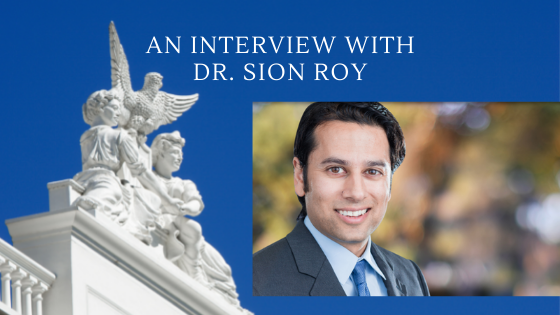
I went into medical school because I was interested in the science of medicine, but more than that I knew that a career as a physician would be a gift; as I would have the privilege of serving others and spend my career helping people and families through some of their most vulnerable times as they dealt with health problems.
I became a physician ultimately to help and serve people. Over the past 10 years, I’ve practiced as a cardiologist at Harbor UCLA, a large public hospital, and have been grateful to serve a very vulnerable patient population. Over the years, I have realized that the population I serve in South LA not only needs clinicians that help them with their healthcare needs, but they also need advocates in Sacramento to advocate for increased funding and better systems for their care so that they have improved access to healthcare. Currently, particularly in the outpatient setting, my patients, who predominantly come from communities are color, have below community standard access to care, particularly in the outpatient setting. Our state needs to allocate more resources to our Medi-Cal system so that these vulnerable populations get better access to care.
Most physicians go into medicine to take care of patients on a day to day basis. Unfortunately, there are numerous systemic issues with our healthcare system, and we are called as a profession not only to practice medicine but to lead. There are not enough physician leaders in government to have a strong enough voice. We need more physician leaders to advocate for our patients, as most government officials don’t truly know the ins and outs of how our healthcare systems work, making it hard to lead on the subject. COVID19 particularly has highlighted the problems, disparities, and areas of fragility that exist in our healthcare system, and we need more physician leaders at every level of government.
Politics and governing is about coalition building. I’d advise physicians who are thinking about running for office to get involved in their communities, learn about the needs of their neighbors and develop ideas about how best to address them, so that when the time comes they will be able to lead and develop coalitions necessary to run a meaningful campaign.
I’m thankful that my physician wife (Kathy) is so supportive, as it is definitely challenging to work full time, serve as an elected official, run a campaign, and have a young son. Without my wife’s support, I would not be able to do this. Kathy and I have always been mission oriented, and particularly given what COVID19 has shown us about our healthcare systems, we are both inspired to take on this challenge.